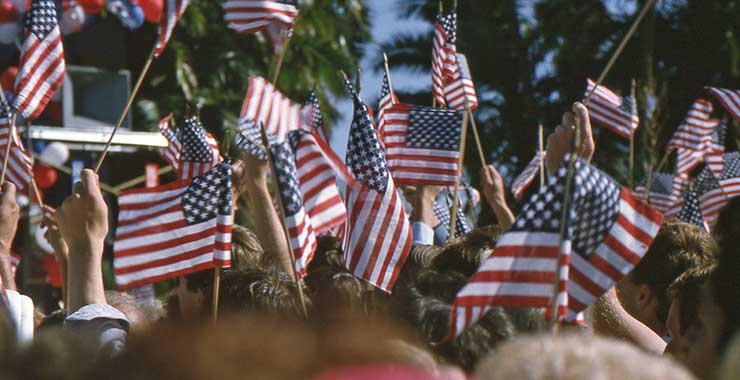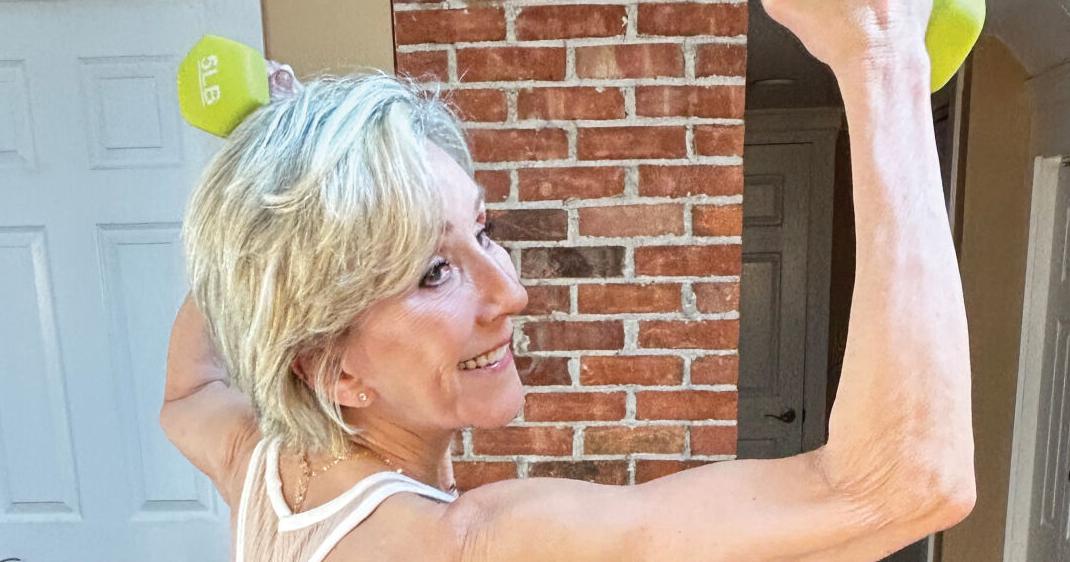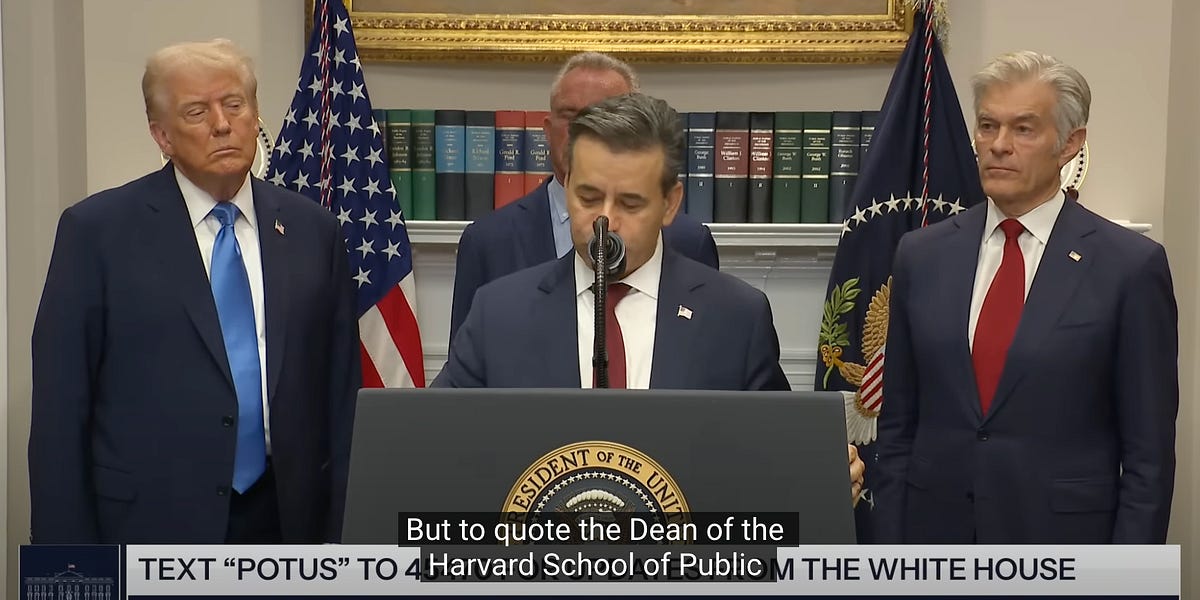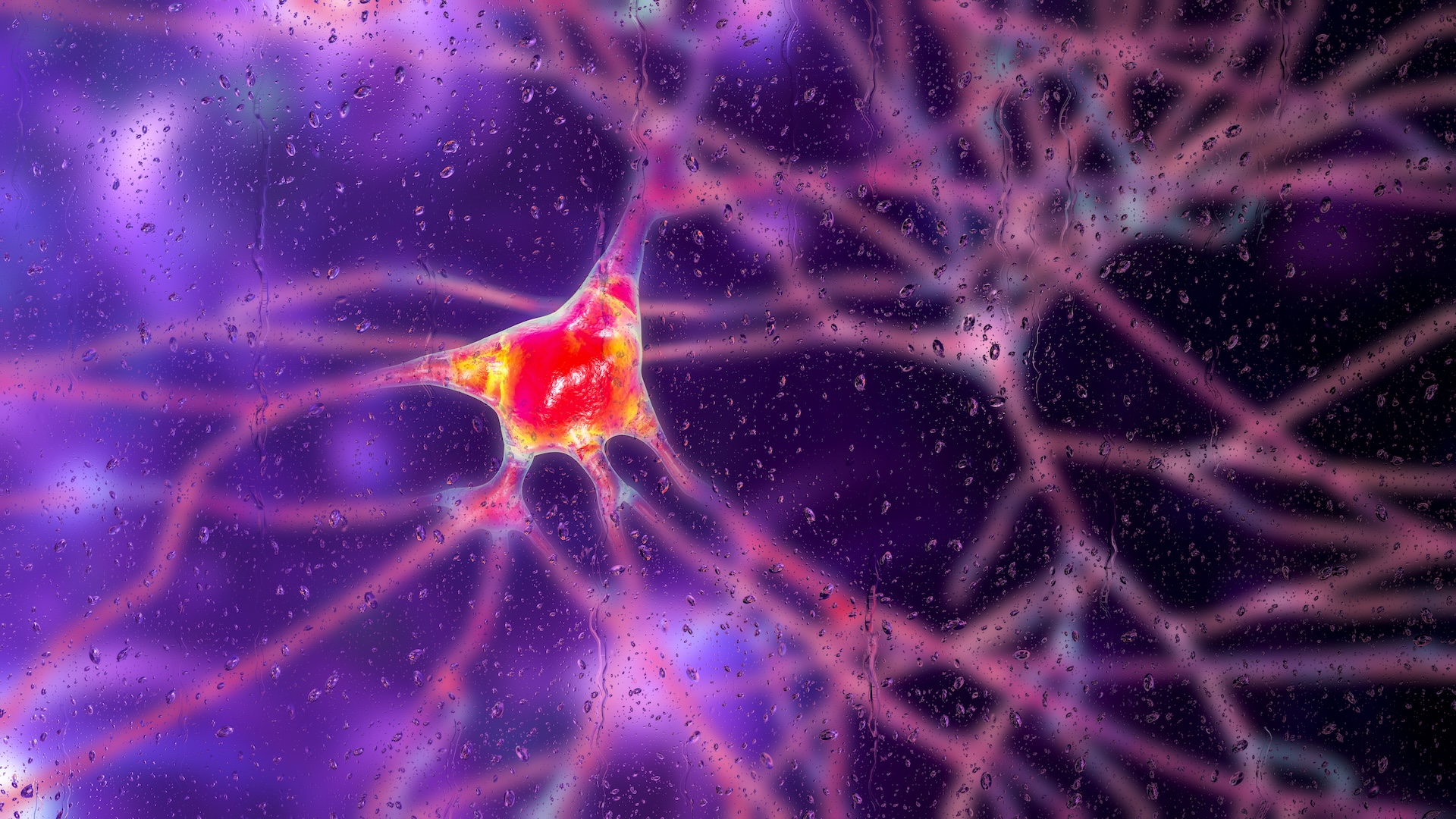Managing political stress

The collective nature of politics also sets it apart from most other life stressors, said Shevaun D. Neupert, PhD, a professor of psychology at North Carolina State University who studies how elections impact day-to-day emotions.
“This is a widely felt phenomenon, a shared experience that affects all people living in this country in one way or another,” she said.
In national surveys led by Smith, conducted during the 2018 midterms and 2020 presidential election, around 40% of U.S. adults said politics was a prominent source of stress in their lives (PLOS ONE, Vol. 17, No. 1, 2022; Journal of Elections, Public Opinion and Parties, Vol. 34, No. 3, 2024).
“When we’ve probed a little deeper, significant proportions of Americans report that because of politics, they lose sleep, have damaged social relationships, and can’t stop paying attention to social media,” Smith said.
Across three separate surveys, 1 in 20 people also reported being so distressed about politics that they had suicidal thoughts.
Studies of partisanship echo those findings. In one study, people who said their state was becoming more politically polarized were also more likely to develop anxiety or depression (Nayak, S. S., et al., Social Science & Medicine, Vol. 284, 2021). When people felt politically dissimilar from the average voter in their state, they also reported experiencing worse physical health (Fraser, T., et al., PNAS Nexus, Vol. 1, No. 1, 2022).
Election season is particularly turbulent, with swells of positive and negative emotions as primaries, rallies, and debates unfold. Daily diary studies led by Neupert found that emotional reactivity in various life domains (including work and relationships) increased several days before and after the 2016 and 2018 elections (Current Psychology, Vol. 40, 2021; Zhu, X., et al., Psychological Reports, Vol. 125, No. 5, 2021).
“On days when people were experiencing more election-related stress, they also had more negative emotions and reported worse physical health,” she said.
Part of that stress may be related to the act of voting itself. During the 2012 presidential election, Renfro, Smith, and their colleagues found higher cortisol levels in people voting at the polls compared to those who voted at home or did a control task outside the home that was unrelated to politics (Neiman, J., et al., PLOS ONE, Vol. 10, No. 9, 2015).

The aftermath of elections may carry its own set of challenges. Following the 2016 presidential election, alcohol spending went up in counties where support for the losing candidate was higher (Musse, I., & Schneider, R., Economics & Politics, Vol. 35, No. 1, 2023).
But studies also point to our resilience in the face of election stress, finding that anxiety and depressive symptoms tend to fade in the days or weeks after an election (Roche, M., J., & Jacobson, N. C., Psychological Reports, Vol. 122, No. 2, 2019; Simchon, A., et al., Journal of Experimental Psychology: General, Vol. 149, No. 11, 2020).
“Interestingly, longitudinal work tracking people over time suggests that these hits we take to well-being, on average, don’t last very long,” Ford said. “But that’s on average, and it may not take into consideration how people differ from each other.”
For example, people who are young, politically engaged, or left-leaning tend to experience higher levels of political anxiety than their counterparts (PLOS ONE, Vol. 17, No. 1, 2022). Where a person lives and who they interact with can also have a big effect on political anxiety levels, Neupert said.
link







